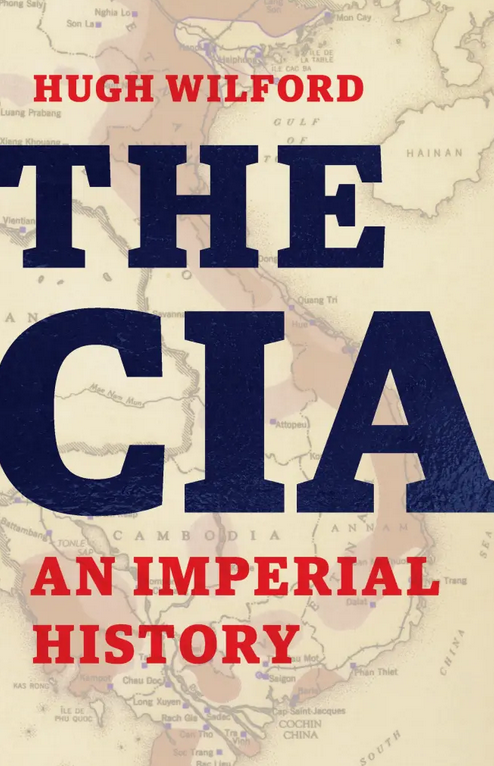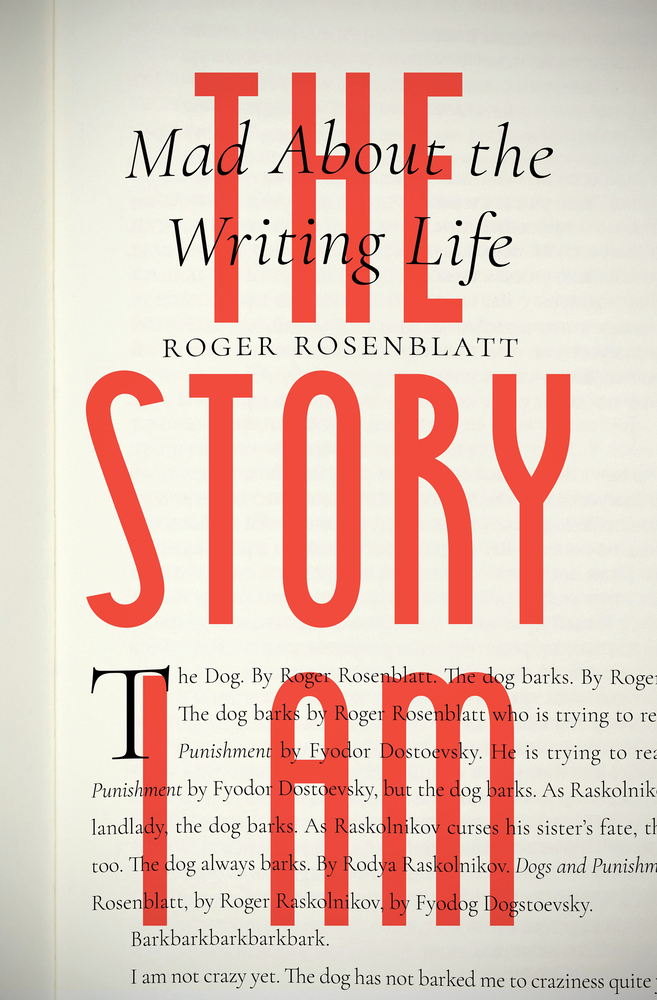The CIA: An Imperial History
- By Hugh Wilford
- Basic Books
- 348 pp.
- Reviewed by Todd Kushner
- June 17, 2024
What did the spy service learn from colonialism?

In The CIA: An Imperial History, Hugh Wilford, a professor of history at Cal State Long Beach, casts the Central Intelligence Agency as an organization that uses many of the same tactics — espionage, covert action, and counterinsurgency — in pursuing America’s “covert empire” as former imperial powers France and Britian once did to maintain control of their colonies. In telling the CIA’s story through this lens, he structures the narrative by arranging each chapter (except for chapter six, “Unintended Consequences”) by CIA operational type.
Wilford illustrates each style of CIA activity by relating the experiences of a legendary figure associated with it. For example, Kermit Roosevelt, who played a leading role in the overthrow of Iran’s Mosaddeq regime, leads the case study of regime change. Similarly, James Angleton, the powerful official charged with rooting out foreign spies, illustrates counterintelligence. Other chapters use the same approach to laying out CIA activities involving regime maintenance, intelligence analysis, and domestic publicity.
Telling the CIA’s story through key individuals’ personal experiences is highly effective. This technique brings the narrative to life and shows that human factors — e.g., culture, identity, and emotion — are important to ultimate outcomes. Willford contends that the culture of the CIA was shaped by the upper-class backgrounds of its early leaders, their tendency to lead an “imperial lifestyle” overseas, their extreme masculinity, and their identification with the literature of empire, such as Rudyard Kipling’s Kim. The reader comes to see that iconic figures from CIA history are — in spite of their larger-than-life reputations — normal human beings with strengths and foibles.
Wilford has authored several other books on the CIA that touched on some of the themes explored here. His 2017 America’s Great Game: The CIA’s Secret Arabists and the Shaping of the Modern Middle East also features Kermit Roosevelt and discusses connections between CIA activities and British imperial history. Likewise, 2009’s The Mighty Wurlitzer: How the CIA Played America covers some of the same ground as chapter five in this book.
Wilford has been influenced by Odd Arne Westad’s The Global Cold War, which argues the Cold War can best be understood by actions that took place in the developing world and that the United States and the Soviet Union were driven by colonialism. He was also inspired by Evan Thomas’ The Very Best Men, which tells the tale of the CIA’s early days through the stories of four of its covert operators: Frank Wisner, Richard Bissell, Tracy Barnes, and Desmond FitzGerald.
The CIA: An Imperial History was written for a general audience, so readers who are not professional scholars will find it accessible. The book serves as a reminder to modern audiences about the scope of CIA Cold War activities — including its influencing of the news media and publishing — that likely wouldn’t be tolerated today. Although Wilford clearly wants to demonstrate that many CIA activities were of questionable morality and long-term efficacy, he is fair-minded and points to facts, not ideology, writing, for example:
“The notion that Kim Roosevelt turned up in Tehran and engineered Mosaddeq’s downfall on his own — the dominant narrative not only in CIA mythology but also in popular left-wing understanding of the coup — is obvious nonsense.”
The narratives laid out in each chapter are vivid and interesting. But the farther a chapter’s theme veers from the historical figure associated with it, the less compelling it becomes. It’s often wearying to follow Wilford’s analysis, as some of his themes are quite broad and his arguments convoluted. And while it’s easy to accept the book’s principal hypothesis — that the CIA adopted the tactics of traditional colonial powers — Wilford’s takeaway (that the ongoing use of covert action, aka “imperial adventures,” by the U.S. will continue to have “baleful” consequences) is less supported by the evidence presented.
Todd Kushner is a retired U.S. Foreign Service officer. The views expressed are his alone and do not represent the views of the U.S. government.

